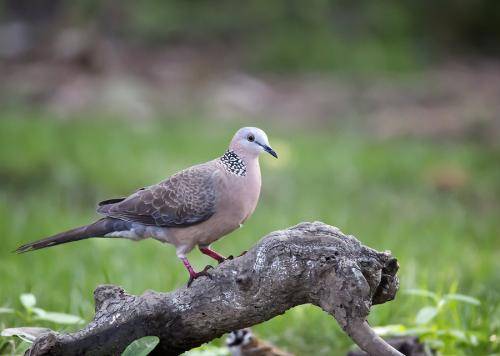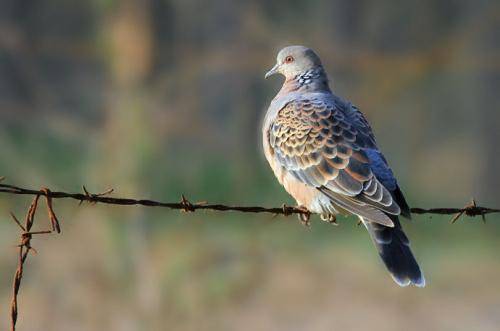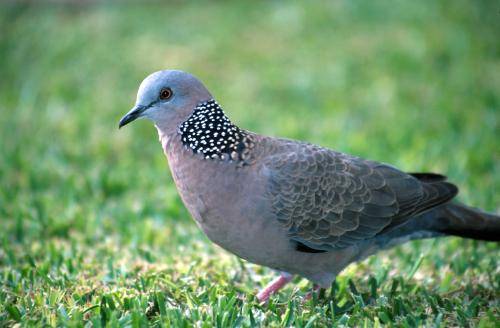Turtledove is a widely distributed wild bird in China. Its wild nature is difficult to tame, so few people raise it as a pet bird. However, the turtledove has delicious meat, high nutritional value and certain edible and medicinal value. Therefore, some people specially raise the white turtledove artificially and provide it for market sales. Turtledoves are about the same size as pigeons. They are often seen when they are young, especially in rural areas in summer However, in recent years, with environmental pollution and continuous development in many places, the number of wild turtledoves has become less and less.

Turtledoves living in the wild generally look for food on the ground, such as rice, sorghum, plant seeds, grass seeds and fruits, including earthworms and insect larvae. They like to live in groups and live in groups or mixed with other turtledoves. They live in the countryside, where there are plenty of trees and forests, and there are abundant vegetation in the countryside. But in autumn and winter, they will move to the plain. They fly like pigeons and glide.

The feeding of artificially raised turtledoves should be more refined. For example, the newly born baby turtledoves should keep warm and drink more water. Two thousandths of potassium permanganate can be added to the drinking water of young birds to purify the water quality, and then it can be replaced every four hours. Newly born turtledoves usually start looking for food by themselves about 6-8 hours after birth. At this time, you can choose some small and digestible food, or buy some drinks for young birds. About a week later, you can add 20% of plant seeds to the turtledove’s food, such as rice, grass seeds, sorghum and so on.

It should be noted that the number of turtledoves raised in captivity is relatively large, which is more likely to be infected with diseases. Therefore, the living place must be ventilated and dry. The built bird’s nest should be able to shelter from the wind and rain, clean up the feces and garbage in time, and disinfect regularly. If sick birds are found, isolate them as soon as possible to avoid bacterial infection to other birds.

